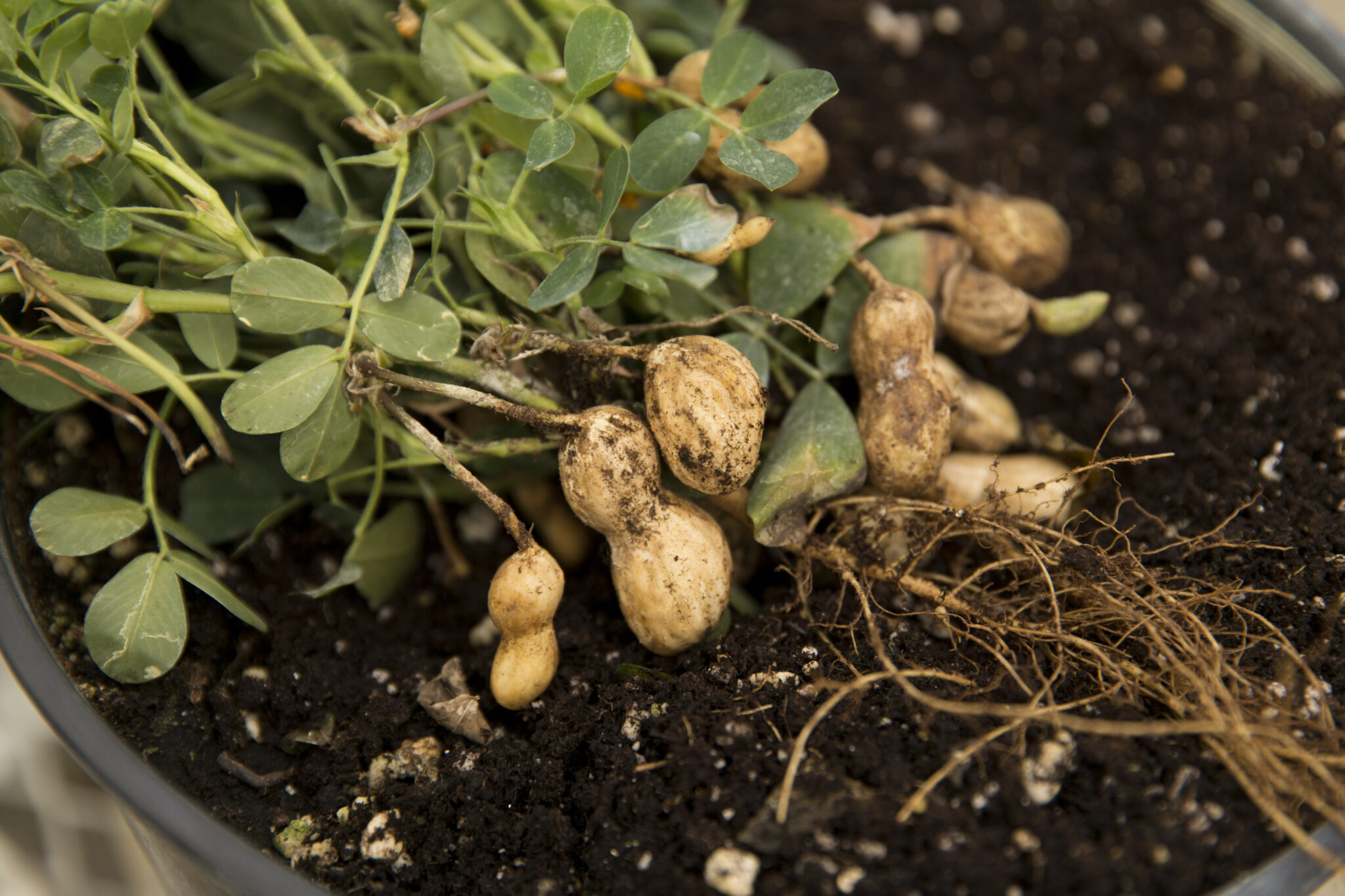By Sharon Omahen
University of Georgia
In the height of Georgia's apple season, it's easy to find a variety of fresh, high-quality fruit on the produce shelves. But this isn't the case in countries like the Ukraine, where poor-quality fruit is sold in the marketplace just miles away from orchards filled with fresh, high-quality fruit.
University of Georgia professor Wojciech Florkowski recently returned from a research outreach trip to the Ukraine, where he shared his marketing skills with apple and pear growers in the Kirovohrad Oblast Orchard Association.
Expert volunteers sharing knowledge
An economist with the UGA College of Agricultural and Environmental Sciences, Florkowski visited the area as part of a Citizens Network for Foreign Affairs project. Funded by the U.S. Agency for International Development, CNFA organizes volunteers who provide business and agricultural training to private farmers in parts of the former Soviet Union.
"This area of the world is undergoing market reforms," Florkowski said. "The Ukraine is a very young country. The farmers in this area produce a large crop of fruits, but they don't produce enough for even their country's consumption."
In the off-season, fruits and vegetables are imported from Europe and South America, he said.
Learning the essentials of marketing
In the Ukraine, Florkowski met with a group of more than 30 growers. He taught them the basic principles of postharvest handling, marketing, sorting, grading and merchandising.
"The growers were very receptive and eager to learn," he said.
Last spring, Pennsylvania State University horticulturist Rob Crassweller taught the growers about variety selection, drip irrigation, orchard management and pest management. Florkowski emphasized the link between proper cultural practices and marketing.
"They needed to understand how the grade, appearance, color, maturity and size of the fruit affect their profits," he said. "Now they have the knowledge to increase their purchasing power, and their incomes are growing."
Immediate results, future possibilities
Florkowski said their newfound sorting and grading knowledge will have immediate impact on the growers' profit margins.
"They're in the heart of their season and can easily begin sorting and grading," he said. "This alone should double their prices."
By chance, Florkowski opened the door to a possible new partnership for the Ukranian growers.
"I went to the local hypermarket (grocery store) and found shriveled, poor-quality apples," he said. "They looked like oversized prunes, and they were expensive, too."
Florkowski contacted the store managers and told them that the local growers could easily supply them with fresh, high-quality apples.
"I established the initial contact, and now the managers would like to meet with the growers," he said.
Real-world experience
The growers' benefits from the UGA professor's visit are obvious. But he believes the trip also benefits the U.S. and fruit growers in Georgia.
"I learned new things from my visit to their orchards that I can now share with growers in Georgia," he said. "I can now bring this real-world knowledge back with me and apply it when I talk with our farmers and our students."
Florkowski said helping new democracies, especially in this area of the world, directly benefits the United States.
"The Ukraine is a strategically important country of U.S. interest," he said. "It is located on the Black Sea, and the gas and oil supplies there are piped through to Europe. It's important to the U.S. for this country to be diplomatic and peaceful."
Florkowski says CFNA-funded agricultural visits create "high returns from small investments."
"These growers just needed a little knowledge to put them over the edge," he said. "You can create quick impact in a relative short time, and you gain the satisfaction of helping others."






